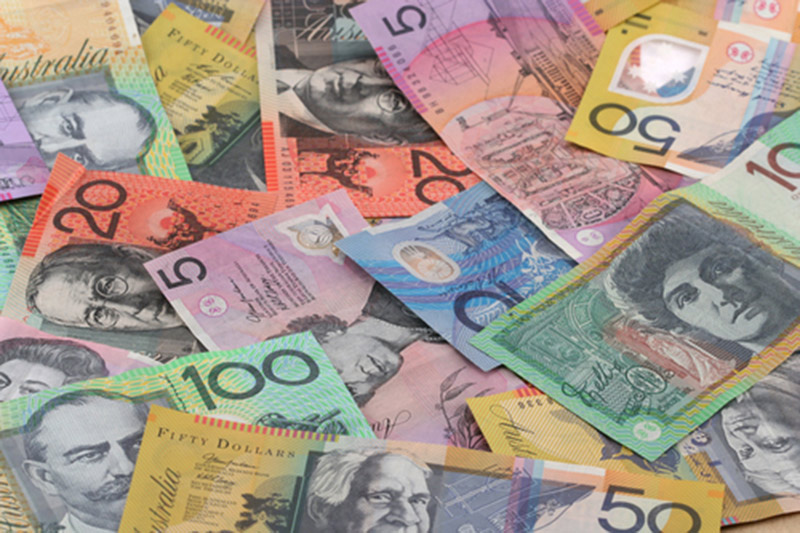Investing.com - The Australian and New Zealand dollars turned lower on Tuesday, snapping a rally to multi-week highs as weak Chinese trade data raised fresh concerns over global growth, fueling increased risk aversion.
AUD/USD was down 0.54% to 0.7322, off Monday’s ten-week highs of 0.7381.
NZD/USD was last down 0.45% at 0.6687 from Monday’s two month highs of 0.6739.
The decline in the growth linked currencies came after official data showing that Chinese imports tumbled 20.4% in September on a year-over-year basis, the eleventh straight monthly decline.
Exports fell by a smaller than forecast 3.7% from a year earlier, resulting in a trade surplus of $60.34 billion.
Falling imports and exports underlined concerns over weakening demand for the world’s second largest economy. China is Australia and New Zealand's top export market.
The Aussie and the kiwi had been boosted in recent sessions by diminished expectations that the Federal Reserve will hike interest rates before the years end.
The yen was also higher against the antipodean currencies, with AUD/JPY down 0.77% to 87.67 and NZD/JPY losing 0.62% to trade at 80.13.
In Australia, a report on Tuesday showed that business confidence recovered in September from its worst reading in nearly two years as global market volatility eased.
National Australia Bank said its business confidence index jumped to 5 from a reading of 1 in August, which was the lowest level since mid-2013.
Also Tuesday, Reserve Bank of Australia Deputy Governor Philip Lowe welcomed a weaker Aussie, reiterating that the fall in the Australian dollar is helping the economy re-balance away from mining investment.
"Depreciation over the past couple of years is playing an important role in helping the economy adjust to the wind down of the boom in mining investment," he said.
The comments came during an investment conference in Sydney.
The U.S. dollar index, which measures the greenback’s strength against a trade-weighted basket of six major currencies, was little changed near three-week lows at 94.82.
